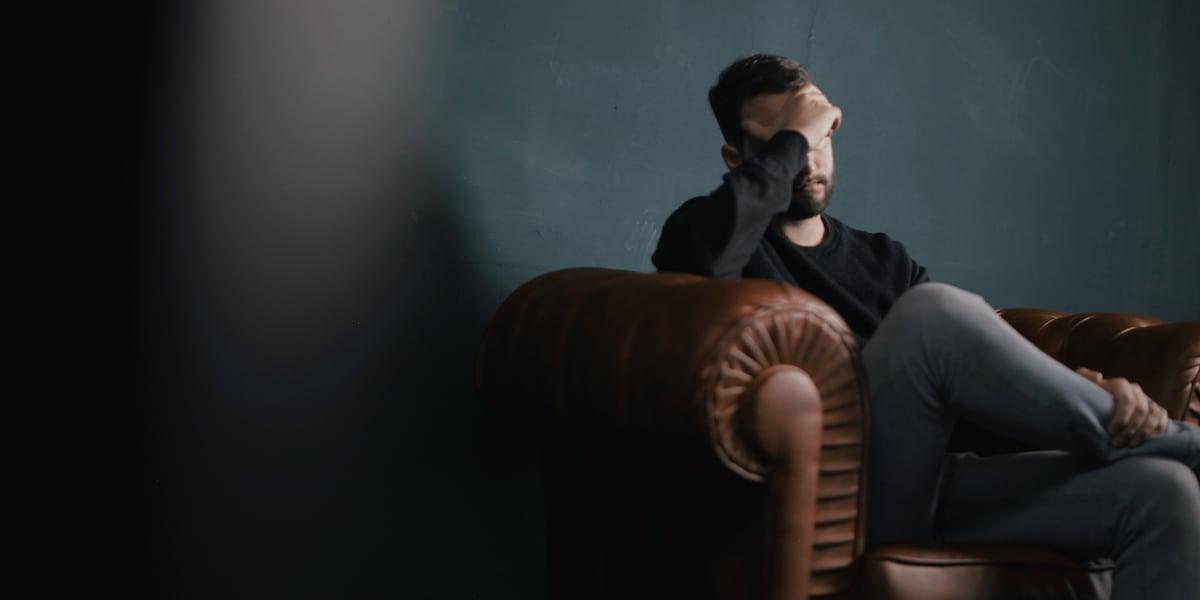Mental Health First Aid: What to Do in a Crisis (and Why It Matters)

Just like we learn CPR for physical emergencies, understanding how to respond to mental health crises is becoming increasingly vital. While most of us know to dial 000 (or 911 in other regions) for a heart attack, many feel unsure about how to help someone experiencing a panic attack, severe anxiety, or signs of substance abuse. Mental Health First Aid (MHFA) equips you with the skills to recognise these signs, provide initial support, and guide individuals towards appropriate professional help.
Why is Mental Health First Aid Important?
The statistics are sobering. Mental illness affects millions of Australians, impacting individuals of all ages, backgrounds, and walks of life. Suicide rates remain a significant concern, and early intervention is crucial in preventing tragic outcomes. Often, people struggling with mental health issues feel isolated and ashamed, reluctant to reach out for help. That's where Mental Health First Aid comes in. It empowers everyday Australians to become a crucial link in the support network.
What Does Mental Health First Aid Training Cover?
MHFA courses are designed to be practical and accessible. They provide participants with a framework for understanding common mental health challenges and developing effective communication skills. Here's a snapshot of what you'll learn:
- Recognising Signs & Symptoms: Learn to identify the warning signs of mental health problems, including depression, anxiety disorders, psychosis, and substance use disorders.
- Active Listening & Communication: Develop skills in empathetic listening, non-judgmental communication, and providing reassurance.
- Crisis Intervention: Understand how to respond safely and effectively during a crisis, such as a panic attack or suicidal ideation. This includes knowing when and how to seek professional help.
- Supporting Recovery: Learn about the recovery process and how to encourage individuals to seek ongoing support and treatment.
- Self-Care: Recognise the importance of your own wellbeing and strategies for managing stress when supporting others.
Who Should Consider Mental Health First Aid Training?
The short answer? Everyone! However, it's particularly beneficial for:
- Teachers & Educators: Supporting students facing mental health challenges.
- Managers & Supervisors: Creating a mentally healthy workplace.
- Healthcare Professionals: Expanding your knowledge and skills in mental health support.
- Parents & Family Members: Providing support to loved ones.
- Community Members: Being a supportive presence in your local community.
Finding a Course & Taking Action
Mental Health First Aid Australia offers a range of courses, both in-person and online, to suit different needs and schedules. Investing in MHFA training is an investment in your community and a vital step towards creating a more supportive and understanding society. Don't wait until a crisis occurs - equip yourself with the knowledge and skills to make a difference. Visit the Mental Health First Aid Australia website (www.mhfa.org.au) to find a course near you and learn more about how you can get involved.
Beyond the Course: Ongoing Support
Remember that Mental Health First Aid is not a substitute for professional mental health care. It's a first step, a bridge to connect individuals with the support they need. Familiarize yourself with local mental health services and resources, and continue to educate yourself about mental health issues.






)